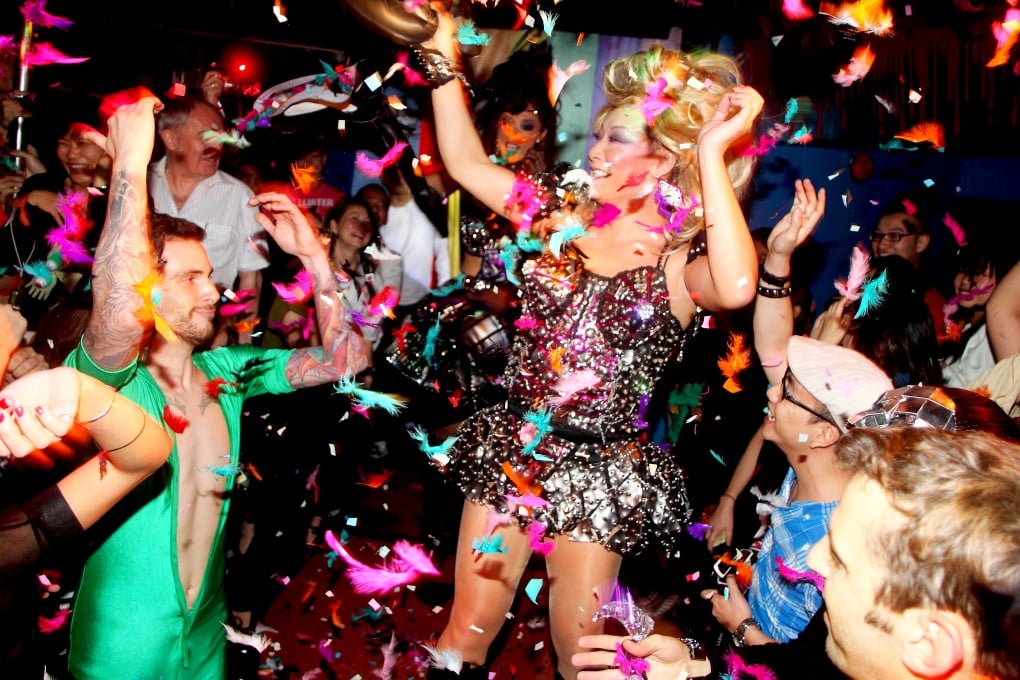Memory lane: 25 years of Propaganda, Hong Kong gay nightlife bastion
Owners of what became a Hollywood Road institution remember the stars, the parties, and the costumes and reflect on what made the club special

It’s a midweek afternoon in Central and Lawrence Ho and Steven Hui are picking their way through the rubble that surrounds them and it's bringing back half a lifetime worth of memories.
“It does feel strange,” Ho says as he stops for a moment to take in the scene. “Over there was where we danced, and then you’d come over here when you felt like being a little bit more quiet. It’s a bit sad in here now with all this rubbish everywhere. We always made sure the place was so glamorous.”
SEE ALSO: How Hong Kong’s Canton Disco became one of world’s coolest clubs
We’re inside the space that was formerly Propaganda, the gay club that became a local institution. Through two incarnations over 25 years, the club was never less than flamboyant until it closed on February 13.

SEE ALSO Funky town: How disco fever in the late ‘70s changed Hong Kong’s nightlife forever
“We were both young when we started – 25 and fresh out of college. If you want to know what I’m most proud of, it’s the fact that we gave people a place to gather with their friends,” says Hui. “Everyone wants to feel like they belong somewhere and we always worked hard to make people feel that.”
